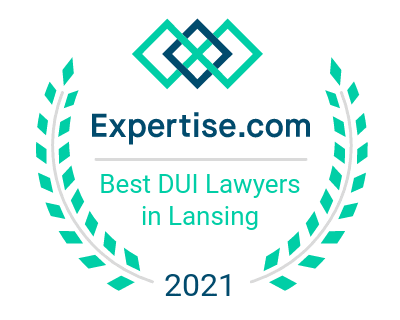Since 1982, the number of fatal drunk driving crashes has gone down by 51%. A positive statistic for sure. Among people under the age of 21, this number has seen an 80% deduction, which is even more encouraging. All in all, there are fewer people dying as a result of drunk driving accidents than ever before. However, while the number of annual deaths in slowly decreasing, drunk driving crashes still claim thousands of lives every year. So on that note we wanted to talk to you about another factor that affects automobile fatalities – night driving.
In the previous article we talked about the importance of wearing a seatbelt, and what Michigan law has to say about safety belt use. However, while seatbelts are very important to one’s safety in a car, there are several other very important factors you should know about. In this article we want to talk about night driving, and how it can affect drunk driving.
According to the National Safety Council, driving at night comes with far greater risks all on it’s own. Even without the addition of alcohol or other intoxicants, night driving is more dangerous. Between limited light, driver fatigue, compromised night vision, glare from headlights and busy traffic, driving at night is considerably more dangerous. That’s why there are far more crashes after dark here in Michigan and around our country.
One of the greatest dangers of night driving is “overdriving” your headlights. This means driving so fast that you will not be able to see a danger in time to avoid hitting it. During the daytime it’s possible to identify hazards, like sharp curves, wildlife and even other vehicles, much more quickly. Seeing a danger sooner means having more time to react and brake in time to stop. Driving quickly at night, when you have a limited field of vision, means that you have a greater chance of not being able to react in time to obstructions in the road. This can lead to crashes, even if the driver is completely sober.
Night driving in unfamiliar areas can be even more dangerous, as you can’t anticipate turn offs, intersections, or curves in the road. In addition, traffic control devices, road signs, and landmarks are much more difficult to spot at night. People also tend to look at their mobile devices more when driving in unfamiliar areas, as they rely heavily on their GPS for information and directions. All of these factors make night driving very dangerous. Add alcohol or intoxicants into the mix, slowing reaction times and affecting judgement, and it can be a recipe for disaster.
According to National Highway Traffic Safety Administration (NHTSA), nearly half of all traffic related fatalities happen at night, despite the fact that only 25% of traffic is on the road during the hours of darkness. Headlights are the only reason people can drive safely during this time. Michigan law requires the use of headlights from 1/2 hour after sunset, to 1/2 hour before sunrise, or at any other time when persons or vehicles cannot be seen clearly for at least 500 feet.
It is a fact that drunk driving fatalities quadruple during the hours of darkness. This means that when you add nighttime into the mix, you are four times more likely to die in a drunk driving crash. Although this sounds harsh it is a statistical fact, and should be taken into account by all Michigan drivers on the road at night, whether they are sober or intoxicated. On that note, we encourage all of our readers to take extra care when driving at night. If you are sober, then take care and pay attention to those around you. However, if you have been drinking, please call a cab, call a friend, or if there is no way for you to get home safely, consider sleeping it off in your car’s back seat with the keys in your pocket.
The skilled drunk driving defense attorneys at The Kronzek Firm have decades of experience helping the people of mid-Michigan to fight DUI charges. If you or a loved one have been accused of drunk or drugged driving, contact us immediately at 866-766-5245. We have helped hundreds of people over the years, and we can help you too.




